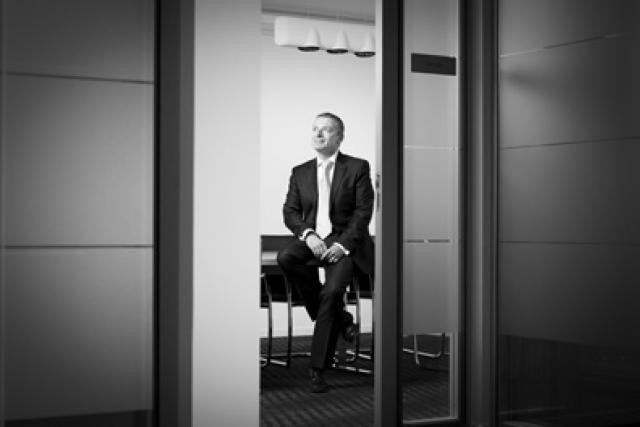Islamic Finance isn’t new to Luxembourg but has recently seen increased industry focus, media attention and political discussion. You would be absolutely justified to wonder about this growing interest and also in asking about the potential implications.
Islamic Finance isn’t a simple adjustment of our conventional financial system to comply with Islamic laws (Shariah). It is a financial system based on fundamentally different criteria: religion for Muslims, ethics for non-Muslims. The concept of interest (Riba) does not exist and investment into activities and products such as alcohol, pork, gambling and adult entertainment (Haram) is prohibited. However, the fundamental doctrine is that money is a means to pay for a transaction linked to a tangible asset, and not a revenue generating commodity.
This may seem to be bringing financial values and principles back to basics, but the sector has already developed into a sophisticated industry, expected to flourish in years to come. The ultimate aim is similar to that of conventional finance, but the concept, techniques, intermediaries and risks taken to achieve these results are different.
The Qur’an, written some 1,500 years ago, does not set rules for finance but dictates those of human behaviour in the same way other religions do. It is the interpretation of these rules and their application in our daily lives that provide the framework for all of Muslim activities, including financial transactions. Four schools of thought co-exist in Islam, resulting in differences in the way financial transactions are carried out in various Muslim countries, most notably between Asian and Gulf Cooperation Council (GCC) countries. This doesn’t make life easy for financial service suppliers: local, secular regulations must still be observed at all times whilst the interpretation of the Shariah given by the experts (scholars) must be respected. As with conventional finance, Luxembourg’s potential as an Islamic Finance centre is largely unconnected with local demand and instead derives from what Luxembourg can offer on the global stage. Today some 40 Islamic funds are domiciled here and 16 sukuk (the Islamic equivalent of bonds) have been listed on the stock exchange. This is still a niche market representing a tiny fraction of the local fund sector and exchange listings. Yet Muslims represent almost 30% of the world population and their wealth is steadily growing in markets such as Malaysia, India and the GCC countries.
Until recently most sovereign wealth funds and Ultra High Net Worth Individuals in these countries have invested in conventional finance. Now the broader Muslim population is investing more and doing so whilst respecting their religious principles, thereby incrementing demand for Islamic products.
7% of global market share
In 2008 Alfi created a dedicated committee to focus on Islamic funds. Luxembourg is already the largest non-Muslim fund domicile with 7% of the global market share. In 2009 Luxembourg For Finance (LFF) set up a Task Force to look at all aspects of Islamic Finance: insurance, commercial and private banking, structuring of Islamic products, regulation and education. Dedicated training modules were first made available locally in 2009 and in November the Central Bank became the first European Central Bank to join the Islamic Financial Services Board in Malaysia. Most recently, in January 2010, the tax administration issued a circular on tax treatment of sukuk and various Islamic investment products structured in Luxembourg. A major conference on the topic is planned for November 2010.
The Luxembourg financial centre with its infrastructure and industry focus has much to offer Islamic Finance. Harnessing this potential will not require any conversion of conventional finance. Instead the combined work of bodies such as Alfi, LFF and the Central Bank and the attraction of Luxembourg as a global financial centre are creating a parallel and attractive offering in this increasingly significant sector.
